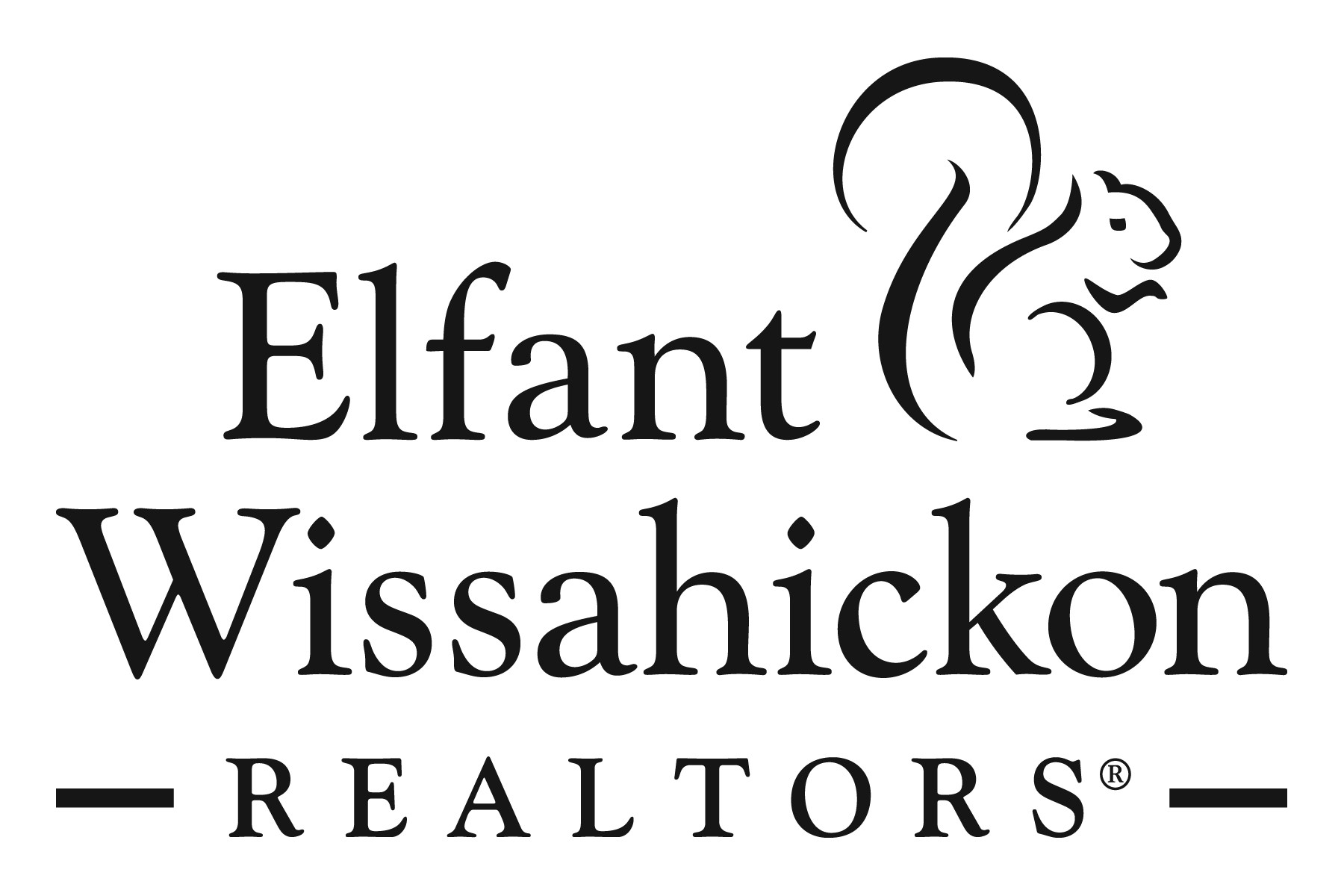Once you receive your first offer (or offers), we’ll evaluate that offer and decide how to respond.
What is an offer?
An offer to buy your home is a purchase agreement signed by the potential buyer that includes:
- The amount of the offer
- An explanation of how the buyer will pay, such as cash or a pre-approval for financing
- The terms – such as a request for closing-cost help or contingencies such as the sale of the buyer’s house, a final mortgage approval, a satisfactory home inspection, and an appraisal
- A target date for closing
- An earnest money deposit
- A time limit for the offer
How do I evaluate each offer?
When you receive an offer to buy your home, we’ll review it and consider whether you want to accept it. Whether you have one offer or several, we’ll look at:
- The amount offered
- Whether the buyer has included or waived contingencies
- Where the funds are coming from, such as all-cash, a reputable local lender, a well-known online lender, or an unknown out-of-town lender
- The proposed closing date and date of possession of the house to see if it aligns with your needs
- Any special requests for items to convey or for special inspections
What happens if I receive multiple offers?
If you receive multiple offers, we’ll explore the following options:
- Accept the best offer. If one offer stands above the rest, you can accept that one right away. But be careful not to be swayed by a high offer if the financing seems uncertain or if the buyer hasn’t explained a plan for a possible low appraisal.
- Counter all the offers to get a better price and terms. You can ask all potential buyers to give you their best offer by a certain deadline.
- Counter one offer that’s close to what you want. If you like one offer but think the buyer could do a little better, you can send them a counteroffer to see if they’ll accept.
I’ll negotiate until both you and the buyer agree on the final contract. I’ll be your ally during the negotiations, leveraging my data and expertise to work on your behalf.
